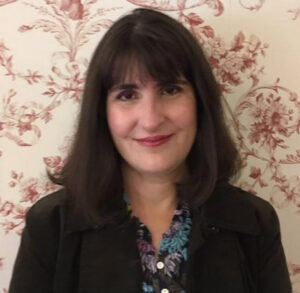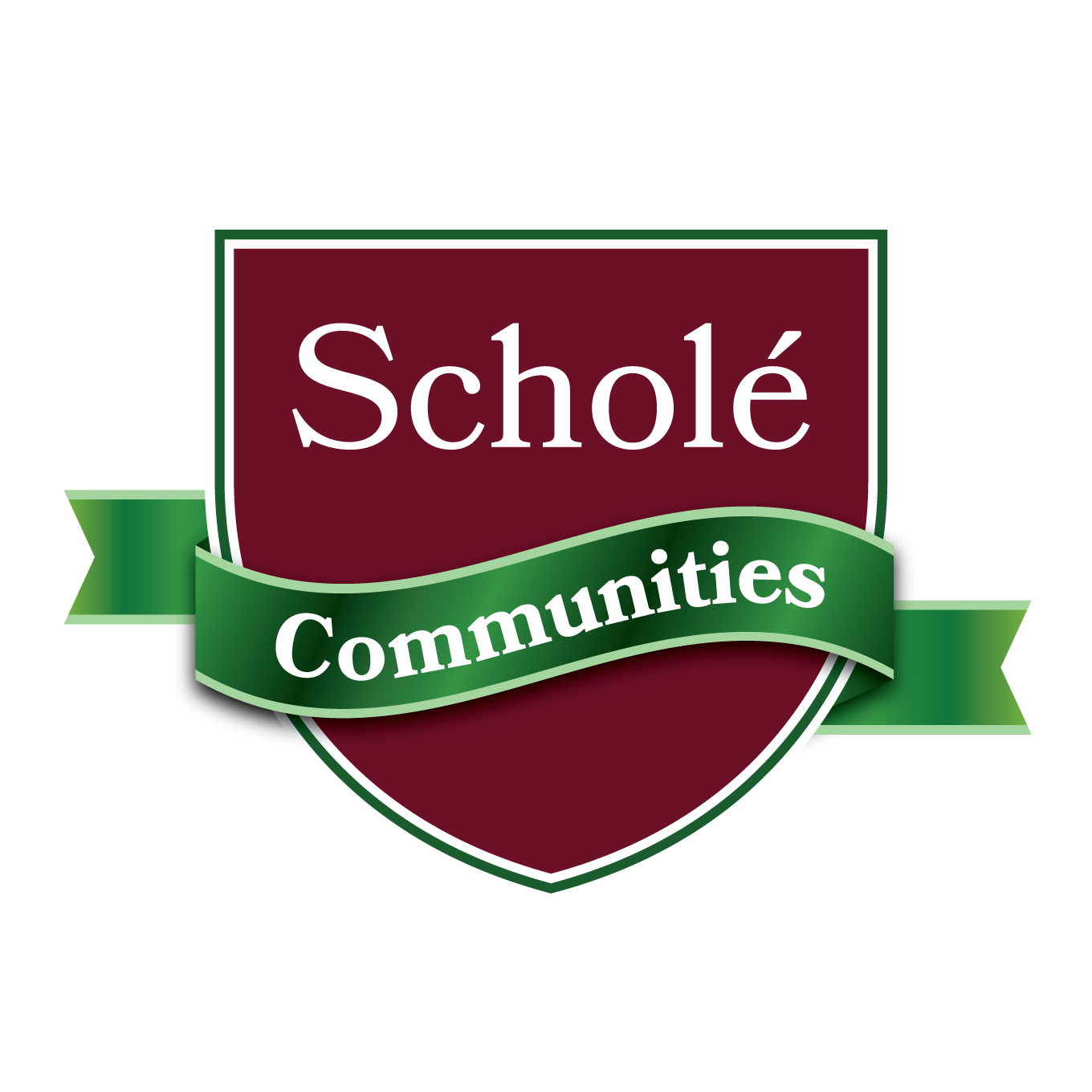The following is a talk I used to give to our local classical co-op at the beginning of each school year. In delivering it, I hoped to give our parents a few minutes to move back from all the details of beginning a new school year, in order to contemplate the why of education, and how we hoped to accomplish this through meeting together as a co-op.
What is the meaning of the word “educate”? When I was a young teacher, I was told that the Latin root of the word “educate” means “to draw out”. That was deeply confusing to me. I thought, “How can you draw something out of a child when they don’t know anything yet?” I have since learned that another meaning of the Latin root educere is “to lead out”, as in to walk at the head of a line with followers behind, and that does make more sense in relation to education today. However, my intuition about the word in my early days of teaching, and what I believe now, is that the word “educate” more strongly implies to draw something out of a student’s heart.
Since that time, I have also learned Charlotte Mason’s first principle, which is that children are born persons. Only as I began to understand this principle, and to see it operate in the lives of my students and children, did I begin to understand what was meant by “drawing out”. We know from the Scripture that God has created us, and our children, in His image. Psalm 139:13 says, “You knit me together in my mother’s womb.” We often interpret that portion of the verse as relating to our physical bodies, and that is partly correct. But what does the first part of the verse say? It says, “You created my inmost being.” We are not just bodies, but living souls, and the Scripture says that God as our Creator fashions not only our body but our soul as well.
My confusion as a young teacher came because I had been taught to believe John Locke’s theory of children as ‘tabula rasa’: blank slates on which nothing is written except by experience. But this is not exactly what Scripture teaches. A little later in the same Psalm, verse 16 says, “And in Your book were all written the days that were ordained for me, When as yet there was not one of them.” And the Lord also says to Jeremiah, “Before I formed you in the womb, I knew you; before you were born, I set you apart.”
We can see from these verses that the Lord not only fashions our bodies, but our souls as well. He creates us in His image and He creates us for a purpose. And because He doesn’t create us all for the same exact purpose, because He has different roles for each of us to play in the body of Christ, He creates us each with certain giftings and talents, and I think we are also born with a propensity to certain weaknesses and temptations which tend to be the other side of the coin to our gifts.
So if God has made our children in His image, with certain gifts, and a certain purpose, why are we parents here? What is our role in this? Won’t He fulfill His good work in our children in spite of us? Well, yes and no. Locke was partly right. Circumstances and experience do matter. When we think about salvation, we know that God works in us to justify us. That’s all Him; we cannot save ourselves. But in our sanctification, in our progression in holiness, we must cooperate with Him to achieve spiritual growth.
It is the same in education. Regardless of our natural giftings, or those of our children, we must “cooperate” with our circumstances–with the opportunities that we are given–to learn what our gifts are and to develop them in order to be serviceable to the Lord. We see this clearly in the parable of the talents. The Lord gave differing talents, or treasures, in differing amounts to each of His servants. The talents were His gift to those servants, the free gift of their Master, and these treasures did not have to be earned, or even asked for. But the gift was not merely for their personal enjoyment. The talents were to be used and increased, and it was the responsibility of the servants to do this wisely. The Lord expected them to work to expand those gifts, and to return those gifts to Him, increased and matured (as an investment) when their time of service was at an end.
Education, then, is an intensely spiritual process, because it is inextricably linked with our sanctification. As Christians who are educating our children, our end goal is not that they get good jobs or become good citizens, although we hope that will happen. Our goal is for our children to become more like Christ and to be faithful servants to whom He will one day say “well done”. Ultimately, they do this by developing their gifts and talents, not to gratify themselves, although there is joy in doing what God created you to do, but chiefly to glorify and serve Him.
Note from the Editor: Next month we’ll conclude Part II of Tracey’s address with defining education as the role of responsibility for drawing forth our children’s talents so their unique calling before God is clarified.

Tracey Leary has taught for nearly twenty years in both public and classically private school settings, as well as for her local co-op and other homeschool classes. She now teaches online courses in the integrated humanities with Kepler Education while continuing to homeschool her boys. She lives in Alabama with her family and a guinea pig.
Join Scholé Communities On Facebook & ClassicalU!
Join Scholé Communities as we share and support each other in community in the Contemplating Scholé Facebook Group!
We also invite you to join in the scholé conversation on ClassicalU – Restful Learning (Scholé) Group!

